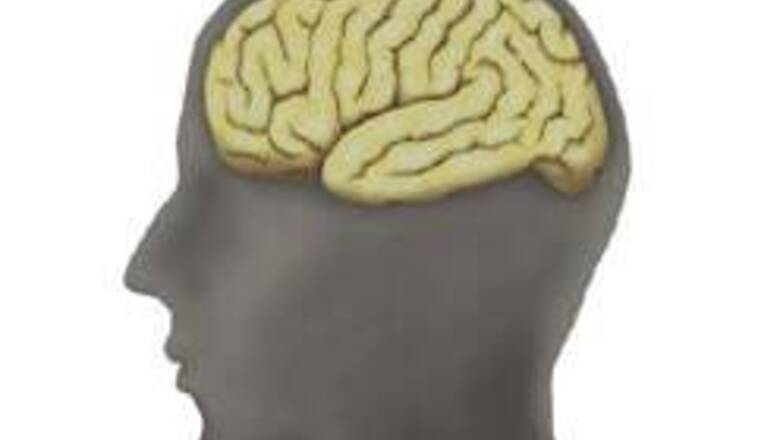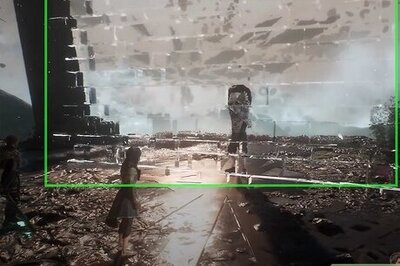
views
Washington: Psychology Professor Randall O'Reilly of the University of Colorado at Boulder has found that a region of the human brain that is critical to human intellectual abilities operates much like a digital computer.
O'Reilly has found that the prefrontal cortex and basal ganglia in the human brain operate almost like a digital computer system, asserting that the finding could help researchers better understand the functioning of human intelligence.
Digital computers operate by turning electrical signals into binary ‘on and off states’ and flexibly manipulating these states by using switches. O'Reilly found the same operating principles in the brain.
"Many researchers who create these models shun the computer metaphor. My work comes out of a tradition that says people's brains are nothing like computers, and now all of a sudden as we look at them, in fact, in a certain respect they are like computers," O'Reilly said.
"The neurons in the prefrontal cortex are binary -- they have two states, either active or inactive -- and the basal ganglia is essentially a big switch that allows you to dynamically turn on and off different parts of the prefrontal cortex," O'Reilly added.
According to O'Reilly the brain as a whole operates more like a social network than a digital computer, with neurons communicating to allow learning and the creation of memory.
However, the computer-like features of the prefrontal cortex broaden the social networks, helping the brain become more flexible in processing novel and symbolic information, O'Reilly said.
The prefrontal cortex is the executive centre of the brain and supports ‘higher level’ cognition, including decision-making and problem solving.
Researchers believe that the prefrontal cortex is critical to human intellectual ability, and better understanding it is crucial to understanding more about human intelligence.
O'Reilly concluded by saying that if researchers can gain a better understanding of this synthesis of the prefrontal cortex and the brain as a whole, they could be on the way to a better understanding of human intelligence.















Comments
0 comment